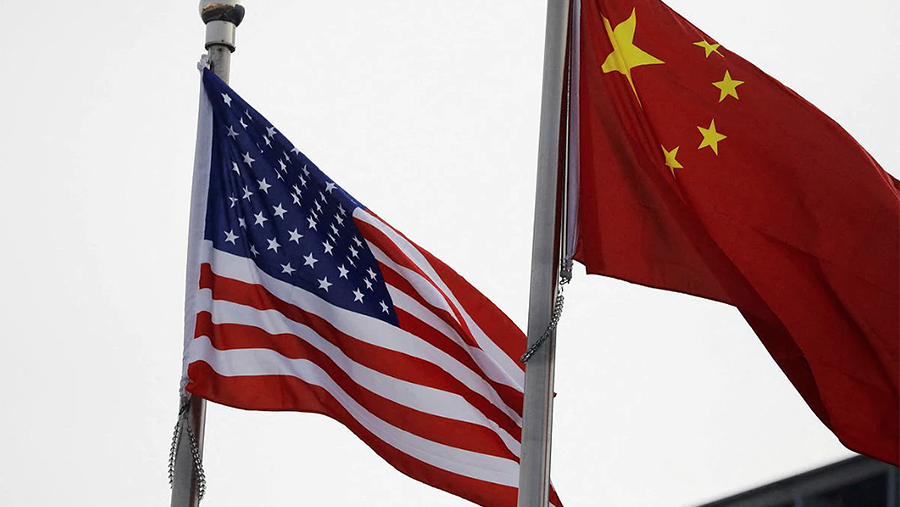The National Retail Federation (NRF) announced it is launching the second phase of a seven-figure advocacy campaign with broadcast, digital and out-of-home advertising, urging the Biden administration to repeal tariffs on goods from China to lower costs for businesses and consumers who are being impacted by inflation. The ad campaign includes a 30-second television spot called “Lower Inflation Now by Repealing Tariffs.”
“No one is closer to the consumer than the retail industry, and retailers are doing everything they can to keep prices down despite the economic pressures of high inflation,” NRF President and CEO Matthew Shay said. “We began a grassroots effort months ago and are now expanding our efforts with an ad campaign because the urgency for action grows each day.”
“We encourage the administration to work with our trading partners, particularly China, to roll back tariffs that contribute to the high cost of goods and services and provide much-needed relief for American consumers,” Shay said. “Tariffs are among the many costs out of retailers’ control that drive up prices paid by consumers. But unlike other costs, the administration can eliminate tariffs with the stroke of a pen.”
NRF’s ad campaign builds on its advocacy efforts encouraging the administration to lower or eliminate tariffs that have cost U.S. importers $136.5 billion since 2018 and cost the average American household more than $1,200 a year.
NRF is also urging Congress to address the nation’s labor shortage and supply chain mess with concrete solutions to lower inflation.
“While change takes time, repealing and lowering tariffs will help relieve pressure on American consumers,” Shay said. “We know this is only one of the solutions under consideration to rein in skyrocketing prices but we urge the administration to prioritize the repeal of tariffs.”
NRF’s Lower Inflation Now grassroots campaign began in April and has called on President Biden and Congress to make everyday necessities more affordable by repealing the China tariffs, easing the supply chain mess by passing the Ocean Shipping Reform Act, addressing the labor shortage by enacting immigration reform and lowering the cost to process transactions by increasing competition in the payments system.
Photo courtesy Reuters















